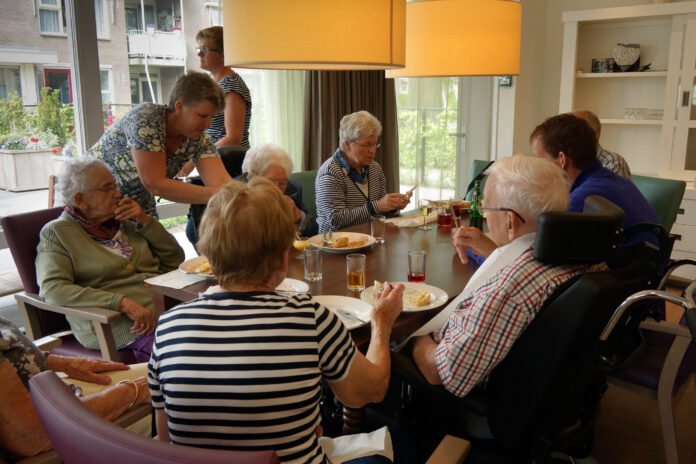Two colleagues of mine who live in long-term care facilities have experienced retaliation for simply speaking up for their rights. Their stories are heart breaking.
I am writing to bring attention to the critical problems faced by these and other individuals with disabilities and senior citizens in our community. I am a member of The Humanize Long-Term Care Campaign that believes it is essential to shed light on the barriers these communities encounter in long-term care facilities.
Nursing home residents should not live in fear of abuse – yet in practice, facilities have so much control that abuse, neglect, and retaliation against those that speak up is widespread. Further, institutional bias traps tens of thousands of people in institutions that have no need to be there. It is time to change the narrative. Humanizing long-term care would rebalance long-term care away from the costly institution-centered model and toward person-centered policies that prioritize dignity and community.
Members of several different organizations have spoken out about bad conditions and violations, and been retaliated against for speaking up. Research, such as the The Make You Pay’ study shows this is widespread. People in nursing facilities are at great risk of mistreatment and of being punished if they speak up about their concerns.
It’s time for Illinois to Humanize Long-Term Care and by transforming the long-term care system so that people have a real choice to get care in their own homes and can live without fear of retaliation for speaking up for their rights. To this end, I urge the Illinois Senate to take the first step and pass SB 3559.
Together, we can build a community that values and respects the rights of all its members.
Pam Heavens
Joliet, IL
Community Access Advocate
United Cerebral Palsy-Center for Disability Services



